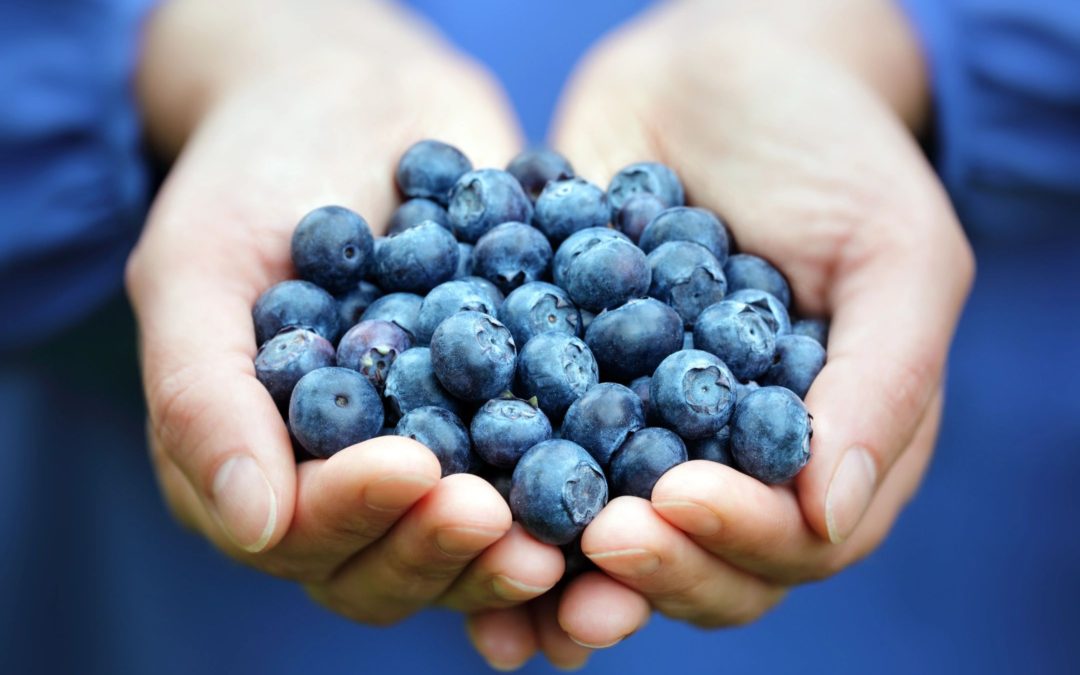We have come far away from knowing what foods are good for us, how much to eat, even how certain foods make us feel. There are two ways we want to combine to show you a different way than listening to diet culture. We believe an Ayurvedic way of eating combined with Intuitive Eating can help you heal your relationship to food.
Ayurveda
An Ayurvedic “diet” doesn’t track calories, macros, or tells you how much to eat. Ayurveda shows us how to eat for our individual constitution, to tune into any illness or health issues, how to eat with the seasons, and how to tap into our gut, brain, and emotional connection for overall balance.
It shows us the ancient way of healing— through food. Food is not a punishment. Food is our best medicine. An Ayurvedic diet can be looked at in four main ways:
- Your dosha (you individual body constitution)
- Your current state of imbalance
- The seasons
- Mindfulness
These four areas show us how to become more connected with the world around you and your physical, mental, and emotional states.
Your Dosha
In Ayurveda humans have three mind- body “types”. We refer to this as your “individual constitution” because it not only is your physical body, but also your mental and emotional tendencies and illnesses. In Ayurveda these individual constitutions are what make up your dosha. The three doshas are responsible for the variety of individual differences. They govern what we do from our sleep tendencies to how we relate to others. The goal of Ayurvedic medicine is to lower our current state of imbalances of our physical, emotional, and mental tendencies to bring ourselves into balance. The doshas are broken into three categories: Pitta, Kapha, and Vata. Understanding your dosha can understand how to tap into your mind and body in a deeper way.
Your Current State of Imbalance
Your overall dosha from birth is known as prakruti. Ayurveda has a second concept that aligns with your prakruti called vikruti. Vikruti is your current state of imbalance due internal and external factors. Vikruti helps us understand any illness or imbalance usually around the past three months or so that have been affecting us due to changes in your life from a new job, moving, to a break up. Our Vikruti can often lead to changes in our relationship to food. Looking at your external and internal reactions helps us to view ourselves as constantly changing and to develop empathy for what we are going through.
The Seasons
One of the fundamental principles of Ayurveda is that our diet, routines, habits, and exercise should change with the seasons. Through regularly adjusting our lifestyle to accommodate for each season we can have a healthy microbiome and have optimal health year round. When we adjust our diet and lifestyle to work in with the rhythm of the seasons, health-promoting digestive microbes dramatically change. These microbes support a balanced immunity, digestion, mood, energy, blood sugar, a healthy weight, and a deep sleep.
Food should not be the same for every season. When we want to become more intuitive with our eating we must look at the cycle of food that is produced in our area and for the time of the year. This goes against the diet culture belief that one size fits all. Ayurveda teaches us to constantly check in with how we are feeling and the seasons around us.
Mindfulness
In Ayurveda there are no strictly “bad” or “good” foods. It is suggested to eat organic and non-processed foods, but the deeper point is to get in touch with how food can make you feel good. Ayurveda focuses on mindfulness when eating, which can help us heal our relationship with food. Mindfulness practices can help us see if we are emotionally eating, stress eating, or binging after restricting. Slowly we can become more conscious of using food to heal our bodies as we learn better coping mechanisms for our deeper emotional needs.
Intuitive Eating
Intuitive Eating is an approach that brings you back to childhood. You eat when you are hungry and stop when you are full. It’s an approach that sounds very simple, but in practice it is hard to do if you have years of restriction or knowledge of “good” and “bad” foods. Intuitive eating is the idea that your body is intelligent and will tell you what you need and when. Some days that can look like a kale salad and sometimes that can look like a slice of pizza. And that’s okay! When we deny our cravings or restrict it often leads to feeling out of control with food later on.
Intuitive Eating also has a main focus on implementing mindfulness, both outside of and during meals. It is common today for people to use food as a distraction when we have uncomfortable feelings or from seeing what we really need. It helps us see and experience our deeper emotional selves.
Intuitive Eating works best when you don’t allow yourself to get too hungry. You want to begin making food and eat as you start to feel hungry or know you will be soon. If you wait too long you will choose options that are quick and most likely sugary. The same idea goes for eating larger meals in the day, so by night you don’t need to binge on a huge dinner and snacks due to restriction.
Ayurveda and Intuitive Eating show us how we can use food as medicine and to trust our bodies more deeply. Your body is intelligent and eating with the rhythm of the seasons can connect us to our inner wisdom to heal your relationship to food.
